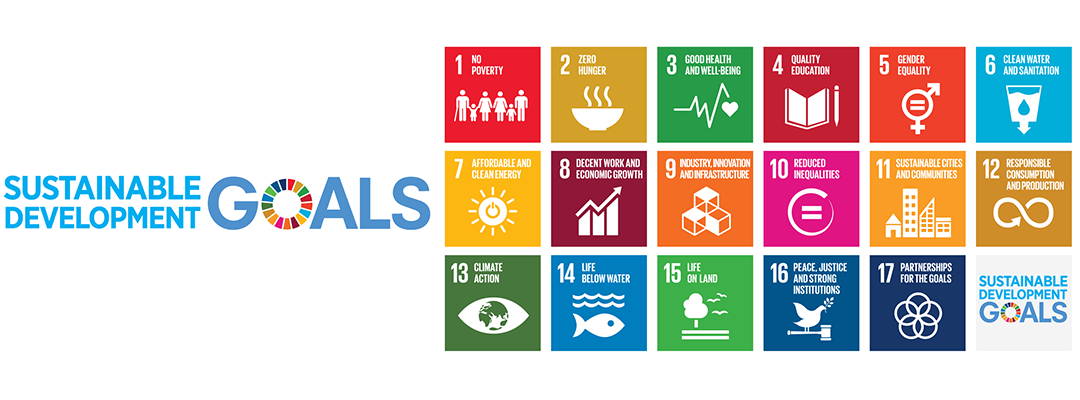Despite significant progress, the issues that led to the creation of Passerelles numériques in 2005 are still relevant today: peace, poverty, hunger, access to water, healthcare or education, etc. The United Nations tackle them through the Sustainable Development Goals (SDGs) which strengthen actions or initiatives for sustainable and responsible development. The mission and objectives of Passerelles numériques are in line with the SDGs 1, 4 and 5. Find out more about them and how PN commits to making a difference.
The Sustainable Development Goals (SDGs) are a set of 17 «Global Goals» spearheaded by the United Nations through a deliberative process involving its 193 Member States, as well as global civil society to achieve a broad range of sustainable development issues until 2030. These include ending poverty and hunger, improving health and education, making cities more sustainable, combating climate change and protecting oceans and forests.
Our activities relate to many different SDGs but decidedly focus on three main goals:
- SDG 1 > no poverty,
- SDG 4 > quality education
- SDG 5 > gender equality.
Each SDG has several targets and indicators that describe the desired outcomes in more detail.
Extreme poverty rates have been cut by more than half since 2000. While this is a remarkable achievement, one in five people in developing regions still live on less than 1.90 USD a day. Millions more only make a little more than this daily amount and are at risk of slipping back into poverty.
Our beneficiaries are typically underserved or disadvantaged young people in extremely precarious situations, according to the criteria PN has defined for each of the countries in which it operates.
Social Investigations and Alumni Impact Assessment Surveys, conducted every year, highlight indicators that demonstrate tangibly that our beneficiaries escape poverty sustainably, while financially helping their families – our indirect beneficiaries. Average monthly starting salaries of PN’s 2018 graduates exceeded the average monthly income of their entire family at the moment of selection. On average PNC graduates earned 254 USD compared to 163 USD family income; PNP graduates earned 368 USD compared to 166 USD family income (no data for PNV because there were no graduates in 2018 due to the extension of the curriculum to 3 years). As their salaries rise steadily over the years – and the percentage of salary given back to their families remains stable at around 30% – contributions to the family income increase dramatically.
Delivering quality education is the foundation to improving peoples’ lives and furthering sustainable development. Major progress has been made towards increasing access to education at all levels and increasing enrollment rates in schools.
Constantly adjusting our curricula and practical trainings to company needs, we ensure up-to-date and high-quality IT, technical and soft skills training.
Thanks to our solid selection process and holistic approach, we achieved retention rates of over 96 % for our graduating classes of 2018 throughout their entire training (2-3 years depending on specialisation) and due to our quality technical and practical IT education, 89% of PN alumni end up working in IT (89% for PNC, 90% for PNP and 90% for PNV).
While the world has achieved progress towards gender equality and women’s empowerment under the Millennium Development Goals, women and girls continue to suffer discrimination and violence globally. Gender equality is not only a fundamental human right but a necessary foundation for a peaceful, prosperous and sustainable world.
We strive to enrol a ratio of at least 50% of girls at each of our centres every year.
Until 2018, 2,097 students successfully graduated from our programmes, amongst them 1,019 girls (48,5%): since 2005, 1,437 students have graduated from PNC, 660 of them girls (46%); since 2009, 402 students have graduated from PNP, 229 of them girls (57%); since 2010, 258 students have graduated from PNV, 130 of them girls (50%). While the overall girl/boy ratio slightly tilts towards boys, PN has increased the enrolment of girls continuously and we expect to reverse this trend in the near future.
In addition, in 2018, we also had 53% of women within our team holding qualified, permanent positions (72% in PN support teams in France and Asia, 41% in PNC, 75% in PNP and 64% in PNV).

